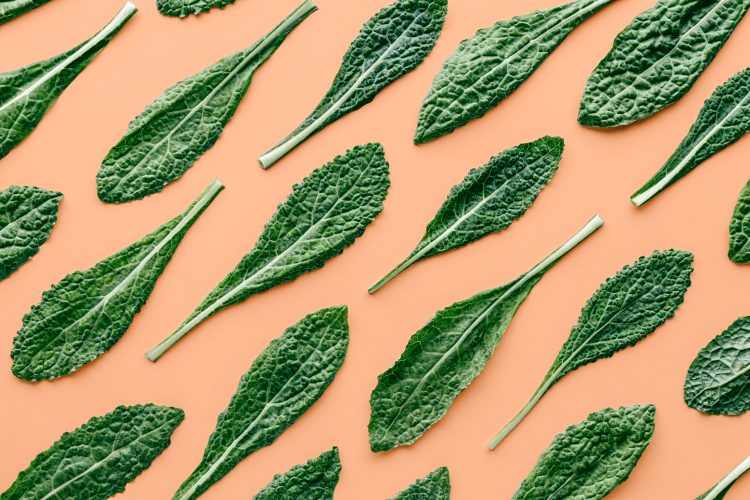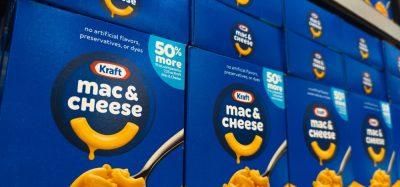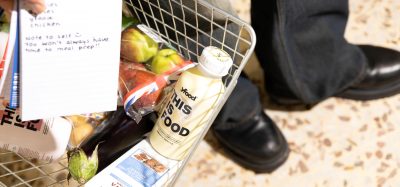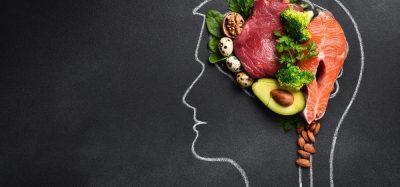Scientists develop technique to convert kale waste
- Like
- Digg
- Del
- Tumblr
- VKontakte
- Buffer
- Love This
- Odnoklassniki
- Meneame
- Blogger
- Amazon
- Yahoo Mail
- Gmail
- AOL
- Newsvine
- HackerNews
- Evernote
- MySpace
- Mail.ru
- Viadeo
- Line
- Comments
- Yummly
- SMS
- Viber
- Telegram
- Subscribe
- Skype
- Facebook Messenger
- Kakao
- LiveJournal
- Yammer
- Edgar
- Fintel
- Mix
- Instapaper
- Copy Link
Posted: 21 August 2023 | Grace Galler | No comments yet
Researchers from NTU Singapore have developed a sustainable way to convert kale waste into products for health and personal care.


Developing a way to limit food waste, researchers at the Nanyang Technological University, Singapore (NTU Singapore) have developed a new technique to convert kale waste for use in health and personal care products, reducing food waste and emissions.
With the aim to create a sustainable and efficient method to turn vegetable waste into treasure, the scientists at NTU looked to naturally derived natural deep eutectic solvents (NADES) – non-toxic liquids made up of plant-based compounds such as amino acid, sugar, and vegetable oil by-product – for answers.
“While NADES have long been studied in separation technology for food and pharmaceutical industries, not much is known about their ability to extract different classes of bioactive compounds from vegetable waste,” commented the research team.
Turning their attention to bioactive compounds in kale, the NTU research team explored a range of NADES, mixing them with processed kale waste to observe how molecules reacted to each other. Through repeat testing, the team found that, when the kale waste and NADES mixture is stirred and set aside, it naturally separated into layers, facilitating the easy extraction of the phytochemicals from kale (polyphenols, carotenoids, and chlorophylls) without the need for heating.
“Since there is no need to heat or pre-treat the kale waste, for example by freeze drying, the costs of the simpler extraction process are kept down,” continued the researchers.
The NTU research team have said that they are confident in their newly developed method being scalable and attractive cost wise to the industry.
The lead author of the study, Professor Hu Xiao from the NTU School of Materials Science and Engineering (MSE) and Programme Director, Sustainable Chemistry & Materials, Nanyang Environment & Water Research Institute (NEWRI), said: “The use of non-toxic and naturally derived solvents in our method makes it a food-safe technique. At the same time, our method preserves the potency of the extracted active ingredients, making it highly attractive for industry adoption.
From trash to treasure: Revolutionising food redistribution with Olio
“The extracted nutrients can potentially be used for applications in personal care products, cosmetics, food supplements, and herbal extracts.”
Going further, the team has outlined that their waste-to-resource approach tackles both food waste and reduces emissions, supporting the development of a circular economy with zero waste as outlined in the United Nations Paris Agreement.
The study was published in the scientific journal Separation and Purification Technology and since it was published, the research team has filed a patent in Singapore for the innovation.
Looking to the future, the scientists are investigating the feasibility of applying their newly developed method to extract beneficial compounds from other types of fruits and vegetables, and medicinal plants such as dragon fruit, spinach, and lettuce.









